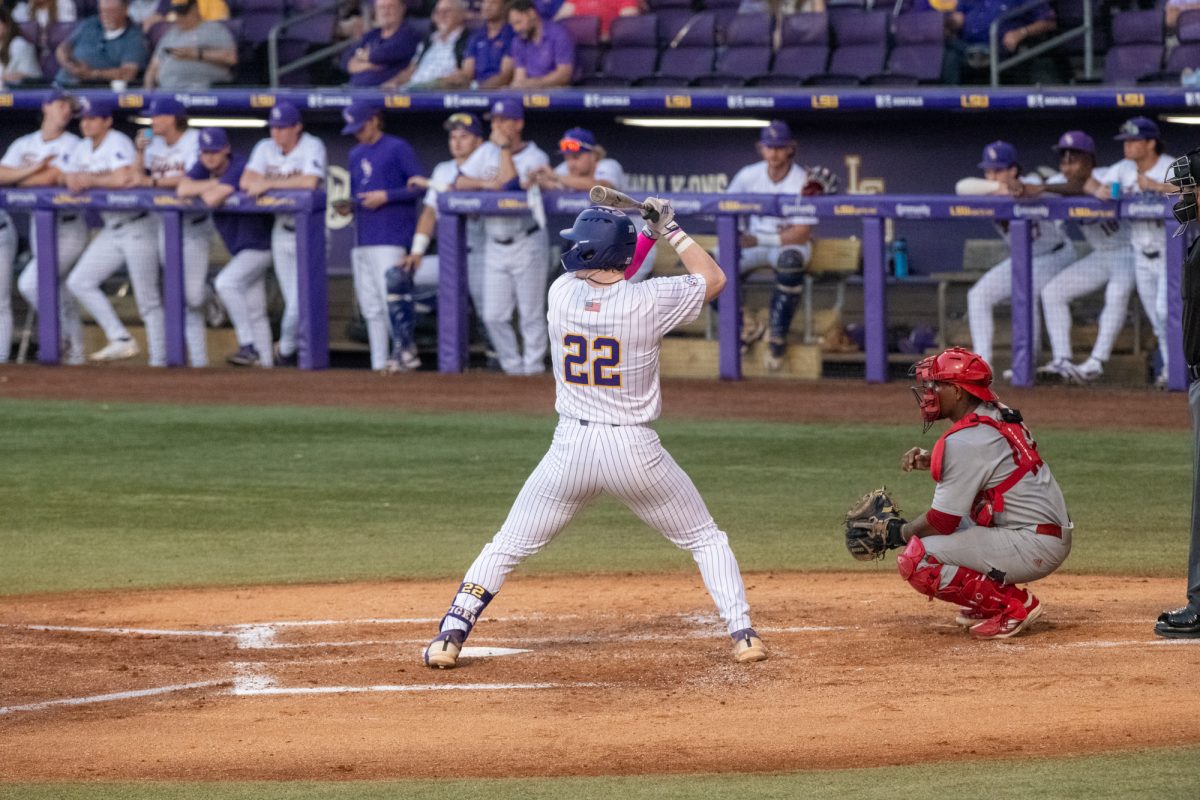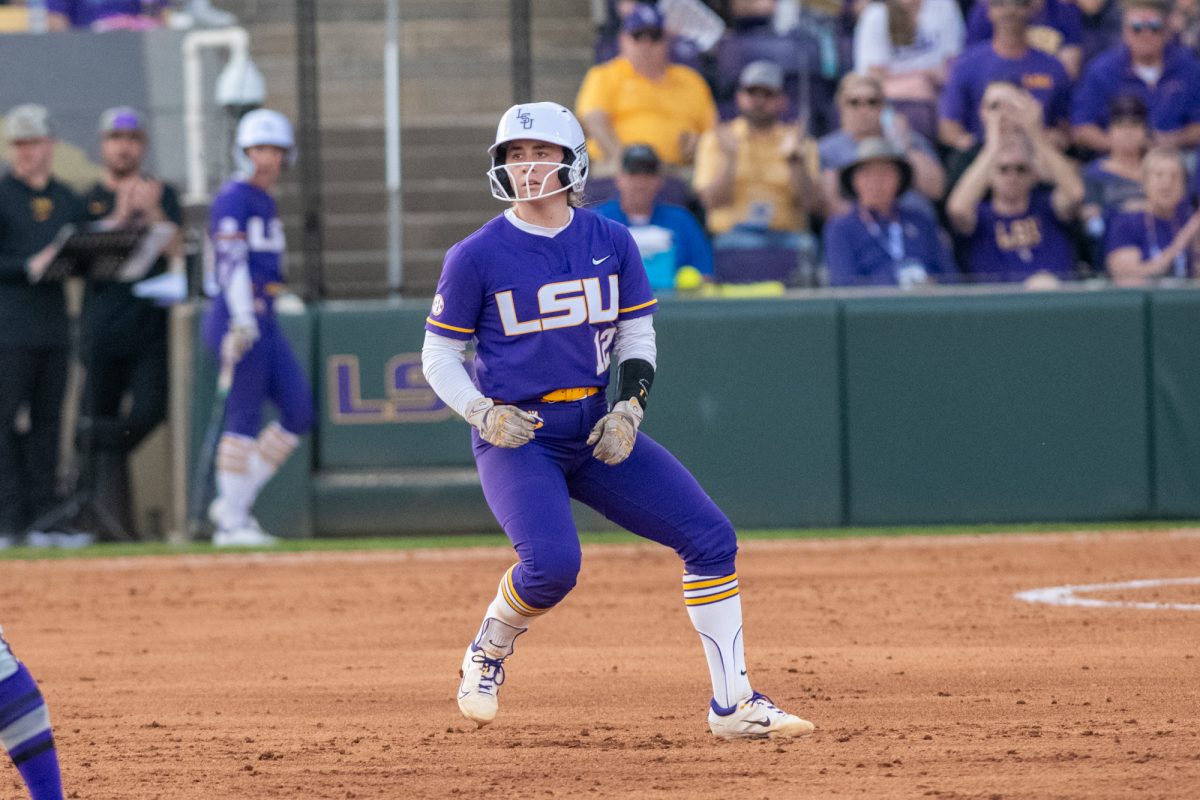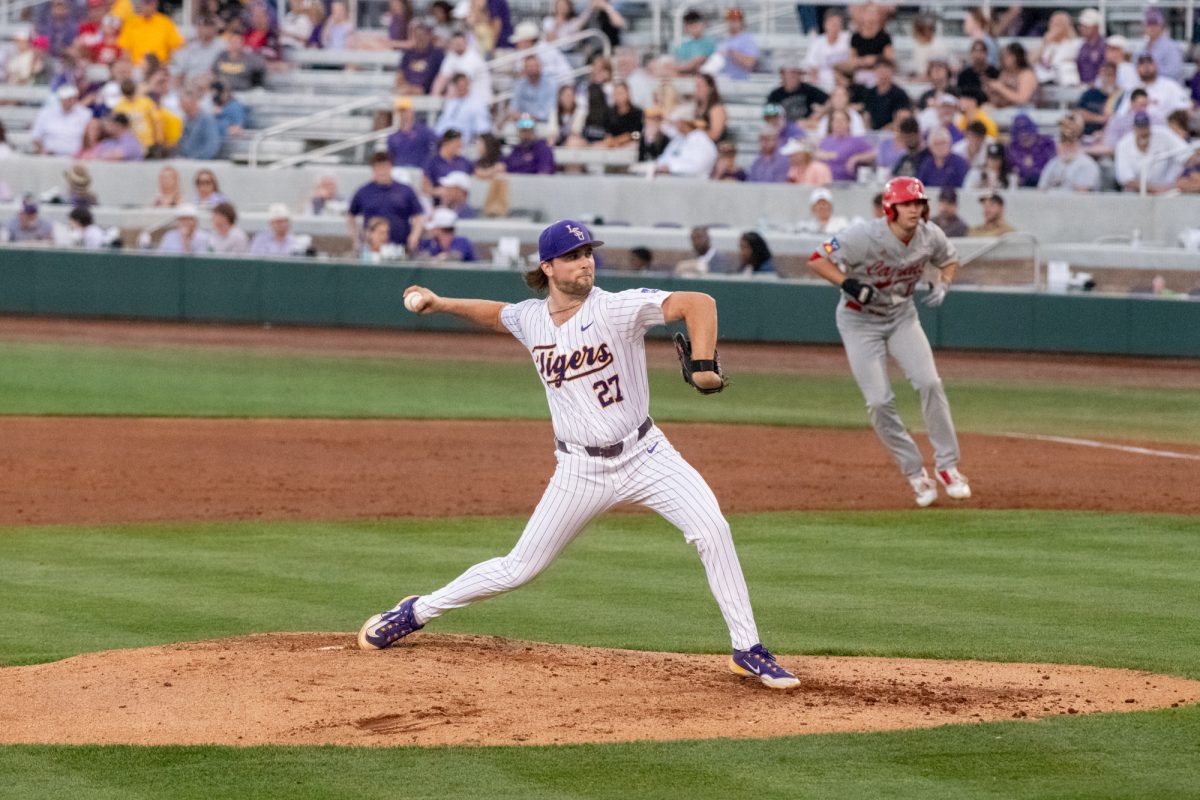For as long as there have been championships in college sports, there have been destination jobs.
It’s the one true difference between the haves and the have-nots.
The terms “mid-major” in college basketball and “non-automatic qualifier” in college football might as well mean “can’t win a championship.”
Even though there have been exceptions — BYU took home the 1984 national championship in football, and UNLV cut down the nets in 1990 — examples of smaller school success are few and far between.
Hence the coaching ladder: Win at one school, move to a better one. Wash, rinse and repeat.
That line of thinking compelled Gonzaga basketball coach Dan Monson to accept the Minnesota coaching job after making the Elite Eight with the Zags in 1999. It’s also why Dan Hawkins moved on to Colorado following an extremely successful five-year tenure coaching Boise State football, where he compiled a 53-11 record.
Oh, how times are changing.
When Butler coach Brad Stevens led the Bulldogs to their first Final Four in school history in 2010, it seemed a given that he would move on to greener (read: richer) pastures.
Instead, the 34-year-old coach signed a contract extension to stay at Butler through the 2021-22 season.
With superstar Gordon Hayward departing for the NBA draft, the decision to pass up what was surely a bigger paycheck from more prominent schools was no doubt a difficult one.
Midway through the 2011 season, it also looked like the incorrect one.
In one five-game stretch, Butler lost four games to conference foes, the last two of which came at the hands of Valparaiso and Youngstown State. The Bulldogs’ record was just 14-9. An NCAA bid looked unlikely.
They haven’t lost since.
The Bulldogs reeled off seven wins to close out the regular season, won their conference tournament and authored a remarkable return to the Final Four after beating three of the top-four seeds in the Southeast Regional.
They are the first team outside the major conferences to make back-to-back Final Four trips since UNLV in 1990 and 1991.
It’s no fluke, either.
Butler’s opponent in the national semifinal?
None other than fellow outsider Virginia Commonwealth, who became just the third No. 11 seed to make the Final Four, along with LSU in 1986 and George Mason in 2006.
Still not convinced?
Look at the 2010 college football season.
Hawkins, who moved to Colorado to win the national championship he couldn’t at Boise State, is now unemployed after five consecutive losing seasons.
Monson, who abandoned Gonzaga, was fired by Minnesota and now coaches Long Beach State.
Meanwhile, Chris Petersen, the man who replaced Hawkins and has insisted he can win at Boise State, came within a missed field goal of potentially playing in the BCS championship game.
Shortly after the Broncos defeated Virginia Tech to open the 2010 season, ESPN.com writer Arash Markazi recalled a conversation in which Petersen said he would never leave Boise State.
“It’s an amazing lesson for anyone who thinks they have to go to this place, this school, this city, etc. to make it big,” Markazi tweeted.
Nearly seven months later, two coaches from schools who many think have no business playing for a championship will face off for the right to do exactly that.
VCU coach Shaka Smart will undoubtedly have the same decision to make after this season as Stevens did last season. It may not be the exact same situation, but he would be wise to consult Stevens before jumping at the highest offer.
The grass may be richer on the side, but it’s not always greener.
____
Contact Ryan Ginn at [email protected]
First and Ginn: Mid-majors indicate days of top-tier coaching jobs are over
March 27, 2011







